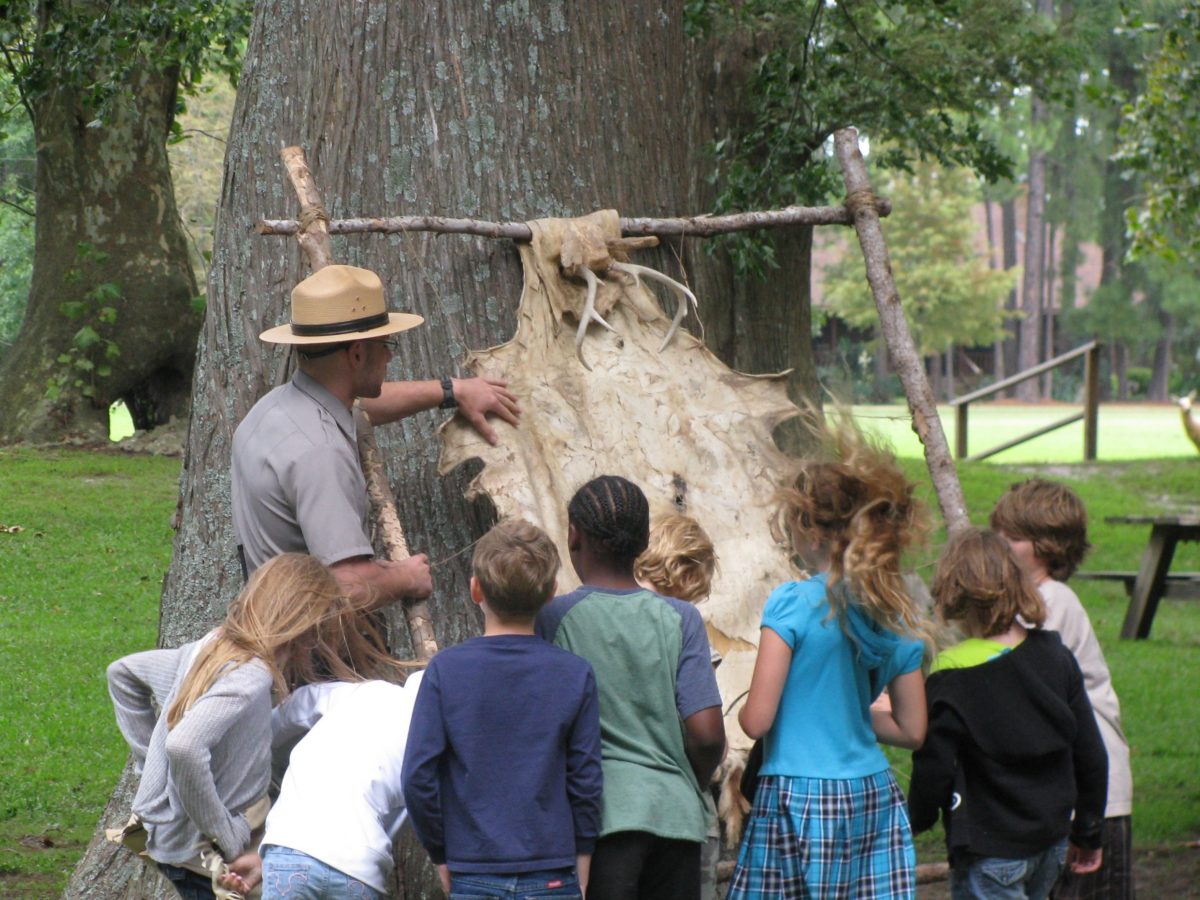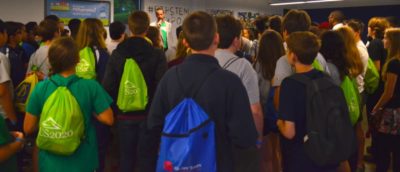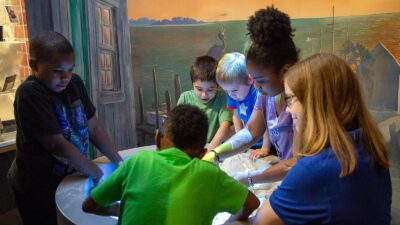
|
|
Gov. Roy Cooper announced $1 million in field trip funding on Wednesday for public schools to visit North Carolina Department of Natural and Cultural Resources (DNCR) attractions.
Funding is available to any K-12 public school in North Carolina, although Title I eligible schools are given priority. Public schools that visit the sites managed by DNCR will be offered reimbursements. These sites include state parks, historic sites, museums, aquariums, and the zoo.
Seen as an initial pilot, the funding for the program is supported by the State of North Carolina. It will be managed by a partnership between DNCR and PBS North Carolina.
“DNCR has more than 100 locations across the state where students can engage with science, history, art, and nature,” Reid Wilson, secretary of the DNCR, said. “Through this fund we will be able to help even more students venture outside the classroom and visit these special places that will captivate their interest and curiosity and also connect them to what it means to live in and love North Carolina.”
A portion of the funds will be set aside for western North Carolina schools who were impacted by Hurricane Helene. The department said this will ensure they will have equal opportunities for field trip funding in the future.
DNCR lists history, culture, science, nature, literacy, arts, and education for the future as top priorities on the Learning Happens Here initiative’s website. The main purpose of the initiative is for “every child to understand our state’s history, arts and culture; how science works; the importance of getting outdoors in nature; and the value of reading,” Wilson said on the webpage. “This happens in many ways—through field trips, visits to schools, teacher training, and extensive online content.”
“Hands-on learning through field trips is an important part of children’s education, but not all schoolchildren have the opportunity to experience them,” Cooper said. “This program will help ensure that public school students have the opportunity to take field trips regardless of barriers like cost or location.”
While applications are accepted year round, schools must apply at least eight weeks before the date of the planned field trip. According to the DNCR website, schools can expect an emailed-response to their request within 20 business days. Once the funding request is approved, schools are to cover the field trip costs upfront. Then they must fill out a post field trip reporting form as soon as possible after the trip. Reimbursement checks are issued and mailed to the school within 30 days of completing the form.
Schools in all counties and regions are free to apply, but applications may be paused for a particular area if there is an influx of applications received from them, according to the DNCR website.
To apply, and receive further instructions, schools can access the form here.




